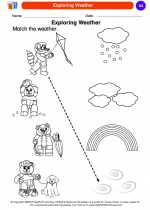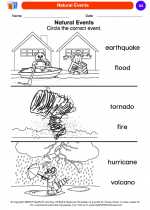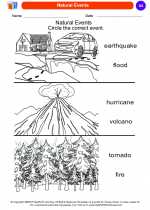Deposition in Science
Deposition is a process in which a gas transforms directly into a solid without passing through the liquid phase. This happens when the temperature of the gas decreases so much that the particles slow down and come together to form a solid. Deposition is the opposite of sublimation, which is when a solid transforms directly into a gas.
Factors Affecting Deposition
Several factors can affect the process of deposition. These include temperature, pressure, and the physical and chemical properties of the substance undergoing deposition. Understanding these factors is crucial to understanding how and why deposition occurs.
Examples of Deposition
One common example of deposition is frost forming on a cold surface. When water vapor in the air comes into contact with a cold surface, it can change directly into ice crystals, bypassing the liquid phase. Another example is the formation of snowflakes when water vapor in the atmosphere turns into ice crystals without first becoming liquid water.
Study Guide for Deposition
- What is deposition?
- Explain the factors that can affect the process of deposition.
- Provide examples of deposition in everyday life.
- Discuss the difference between deposition and sublimation.
- Why is understanding deposition important in various scientific fields?
[Deposition] Related Worksheets and Study Guides:
.◂Science Worksheets and Study Guides Kindergarten. Weather

 Coloring Worksheet
Coloring Worksheet
 Coloring Worksheet
Coloring Worksheet
 Coloring Worksheet
Coloring Worksheet
 Coloring Worksheet
Coloring Worksheet
 Coloring Worksheet
Coloring Worksheet
 Coloring Worksheet
Coloring Worksheet
 Coloring Worksheet
Coloring Worksheet
 Coloring Worksheet
Coloring Worksheet
 Coloring Worksheet
Coloring Worksheet
 Coloring Worksheet
Coloring Worksheet
 Coloring Worksheet
Coloring Worksheet
 Coloring Worksheet
Coloring Worksheet
 Coloring Worksheet
Coloring Worksheet
 Coloring Worksheet
Coloring Worksheet
 Coloring Worksheet
Coloring Worksheet
 Coloring Worksheet
Coloring Worksheet
 Coloring Worksheet
Coloring Worksheet
 Coloring Worksheet
Coloring Worksheet
 Coloring Worksheet
Coloring Worksheet
